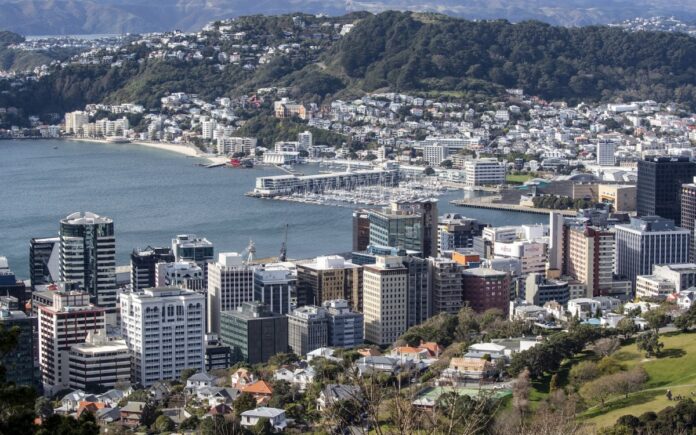Wellington: New Zealand is experiencing unprecedented levels of emigration, with record numbers departing due to rising unemployment, high interest rates, and sluggish economic growth, according to recent data from Statistics New Zealand.
The data, released on Tuesday, reveals that 131,200 people left New Zealand in the year ending June 2024, marking the highest annual departure figure on record. Approximately one-third of these emigrants are heading to Australia.
While net migration, the difference between arrivals and departures, remains relatively high, economists predict a decline as fewer foreign nationals seek to move to New Zealand amid a weakening economy. The statistics show that 80,174 of those departing were New Zealand citizens, nearly double the pre-pandemic levels.
Merrily Allen, who is planning to relocate with her partner and 14-year-old daughter to Hobart, Tasmania in early 2025, highlights the pull of Australia. “There is a lot of opportunity over there. They’re always, always looking for people in my profession,” said Allen, who works in dental administration. “I’ve got a lot of friends that have gone (to Australia) … purely because of better work opportunities, better living. Australia just seems to have it together.”
During the pandemic, New Zealand saw a significant return of expatriates, spurred by the government’s effective management of the crisis. However, economic frustrations are now prompting many to seek opportunities abroad. High living costs, elevated interest rates, and a lack of job prospects are pushing New Zealanders towards Australia, the UK, and other destinations.
Also Read | Italy’s Petrillo to Make History as First Transgender Athlete at Paralympic Games
The New Zealand economy is grappling with challenges following a 521-basis-point hike in the official cash rate, the most aggressive tightening since the rate’s introduction in 1999. The economy grew by just 0.2% in the first quarter, unemployment climbed to 4.7% in the second quarter, and inflation remains persistently high at 3.3%.
Also Read | Starlink Secures Licence to Provide Satellite Broadband in Sri Lanka
In contrast, Australia is actively recruiting for sectors with skill shortages, such as nursing, policing, and teaching, offering relocation packages that attract New Zealanders who can work there without requiring a visa. Concurrently, New Zealand’s government has downsized the public service, leaving many skilled workers seeking new opportunities.



